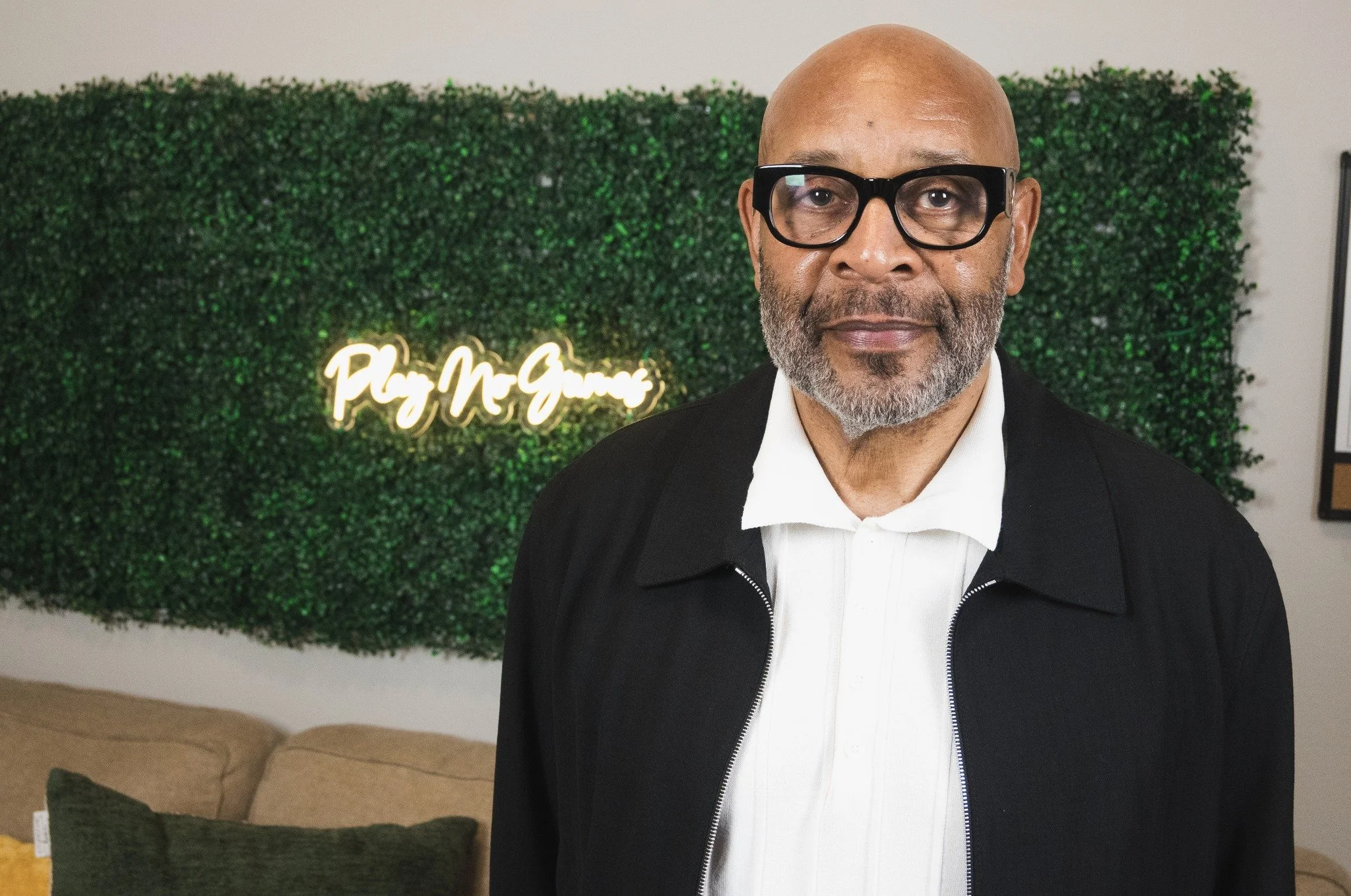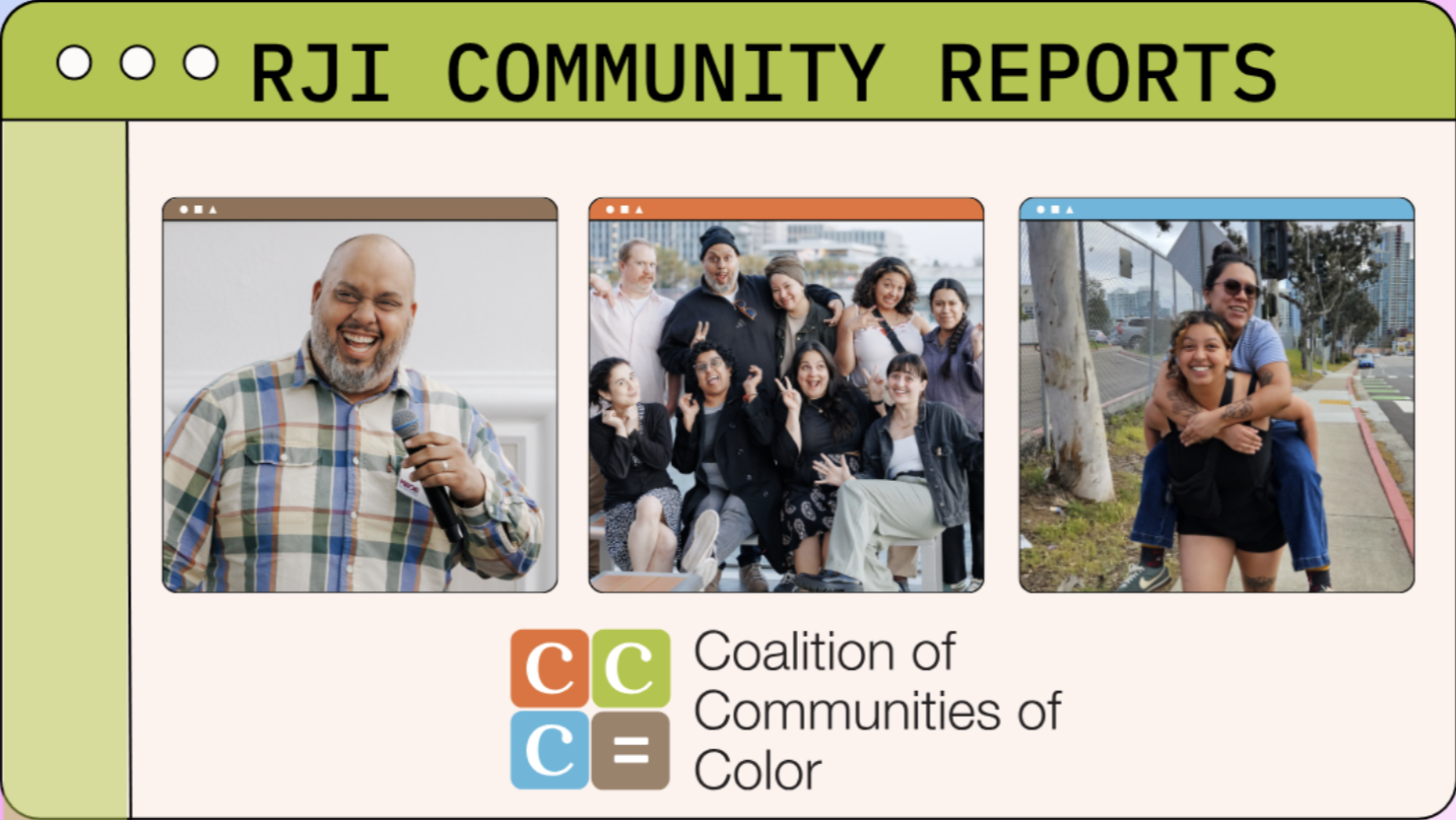FOR IMMEDIATE RELEASE
Thursday, January 18, 2018
Media contact:
Jenny Lee, Advocacy Director
Coalition of Communities of Color
(503) 317-1058
jenny@coalitioncommunitiescolor.org
2017 Racial Equity Legislative Report details progress and work to be done at Oregon Legislature
Salem (January 12, 2018) – Days before celebrating the legacy of Dr. Martin Luther King, Jr., and just a few weeks before the beginning of Oregon’s 2018 legislative session, the 2017 Racial Equity Legislative Report has been released to examine the Legislature’s commitment to policies that improve the lives of Oregonians of color.
This is the fourth edition of the Racial Equity Legislative Report, which has been produced by a working group consisting of the Coalition of Communities of Color, the Asian Pacific American Network of Oregon (APANO), Basic Rights Oregon, Causa, Partnership for Safety and Justice, Unite Oregon, and the Urban League of Portland.
Legislation was selected for inclusion in this report if it was explicit about addressing racial equity; reduced or removed systemic or institutional barriers that lead to inequitable outcomes; and protected against racial discrimination and violence. Communities of color, immigrants, and refugees identified and proactively worked on legislation they marked as priorities.
In 2017, the Legislature passed four pieces of groundbreaking racial justice legislation that was supported by advocates for communities of color:
Criminal Justice
End Profiling: Oregon banned profiling by law enforcement and implemented systemic accountability measures. This bill also made small-scale possession of drugs a misdemeanor with access to treatment, instead of a felony.
Education
Ethnic Studies: This bill directs the Oregon Department of Education to convene an advisory group to develop statewide ethnic studies standards for adoption into existing statewide social studies standards.
Cultural Competency: This bill requires public institutions of higher education to provide ongoing cultural competency development opportunities and create standards for cultural competency.
Health
Reproductive Health Equity: This bill ensures that all Oregonians, regardless of income, citizenship status, or gender identity, can access the full range of preventative reproductive health services.
Missed opportunity
Tenant protections: The Legislature missed a major opportunity to protect Oregonians who rent their homes by failing to end no-cause evictions and allowing local governments to regulate rents.
The report also notes the increased representation of communities of color as Oregon’s legislative body diversifies. The number of legislators of color has more than doubled since the 2015 biennium. While this falls far short of representing Oregon’s increasingly diverse population, it represents meaningful progress toward a government that represents its people. In addition, the report presents stories of people of color engaged as advocates or legislators and their experiences at the Capitol.
The 2017 Racial Equity Legislative Report is a call to action for policymakers to work with communities of color to create a more equitable Oregon and end systemic racism by championing solutions rooted in communities where they will be implemented. In 2017, Oregon saw meaningful progress toward this goal, with much work still to be done.
The report can be downloaded at: http://www.coalitioncommunitiescolor.org/2017-facingrace.
For media inquiries, please contact Jenny Lee, Advocacy Director at the Coalition of Communities of Color, at jenny@coalitioncommunitiescolor.org.
***





